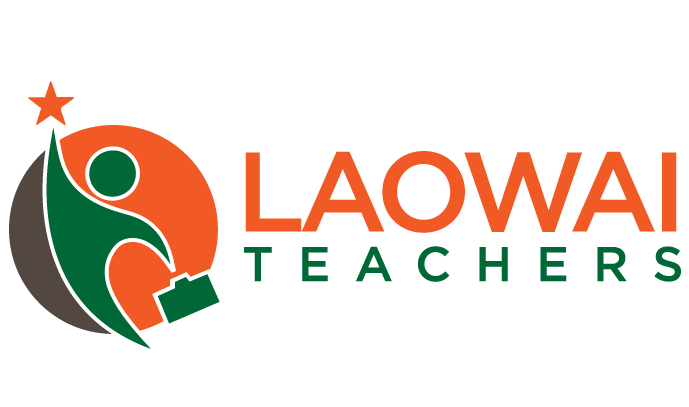
Teach in South Korea
South Korea is a firm favourite for teaching English. Every year fresh graduates and veteran teachers head to the land of the morning calm. The ESL industry here is well established. Most Korean parents regard English education as an important part of their children’s education. Korea offers teachers competitive wages and great benefits. It is also a great base for those who wish to explore South East Asia.
Choosing where to teach in Korea
South Korea is a relatively small country, getting around is not such a big challenge. The biggest city in South Korea is Seoul. This is a hot spot for English teachers. Korea has a lot of big cities and teaching jobs are spread out throughout the country. Knowing what you are looking for in a location will help you decide. This can be a daunting task because in Korea you are spoilt for choice. Are you looking for peace and calm? Are you looking for western amenities and an expat community? Are you looking for hiking trails and secluded forest trails? Korea has it all. Most big cities will have a subway, buses and taxis. Koreans really have your transport needs sorted. Other big cities are Busan, Daegu, Daejon, Incheon and Daejeon just to name a few. Each of these cities offers something different. You can also settle in the countryside.
Types of schools in Korea
There are mainly four types of teaching opportunities in South Korea.
1) Private language schools (hagwons)
Most foreign teachers in Korea work for language schools, hagwons. Hagwons are privately owned and most Korean children attend one. There are different kinds of hagwons. In some hagwons you will teach kindergarten in the morning and elementary in the afternoon. Other hagwons cater to high school students. As a teacher in a kindergarten hagwon you will assume the role of homeroom teacher. Working hours range from 9 am~6 pm on weekdays. Other hagwons operate on weekends as well and will give you two days off during the week. The number of foreign teachers is dependent on the size of the school. Classes tend to be small and children are grouped according to their English comprehension level.
2) International schools
Most expats children attend international schools. Affluent Korean families also enroll their children at international schools. The class sizes are kept small. Most international schools follow and American or British curriculum. International schools call for licensed teachers
3) Universities
University jobs can be found throughout South Korea. However the demand is not as high as in the private sector. Most university jobs call for a Master’s degree. Universities in rural areas will still accept a BA degree. University teachers enjoy light work load and about 12 teaching hours a week. These jobs come with benefits, the benefits vary depending on the university. The teachers who are fortunate to land these jobs will also enjoy longer vacation time, giving you ample time to travel
4) Public schools
A lot of teachers also work for public schools. There are mainly two types of these government programs, EPIK and GEPIK. Over the years the government has cut a lot of these jobs. Public school jobs offer salaries similar to hagwons. The work load is lighter compared to hagwons. You will be expected to deliver oral lessons. The class sizes can be big. Unfortunately you will do a lot of desk warming. You will be the only foreign teacher at your school.Unfortunately we do not recruit for public schools. Do check out the Korean government website for more information. Also consult placement agencies like Korvia Consulting and Canadian Connection, they recruit for public schools in South Korea.
For those who have associate degrees or diplomas, check out the TALK program.
Start dates
Korea has a two term system similar to that of the United States. The first semester is in March the latter in September. These are the peak hiring season. We advise you to start gathering the necessary documents a few months before your ideal start date.
Getting started
Basic requirements
Hold a Bachelor’s degree
Clean criminal background
TEFL certification
Passport holder from U.K, U.S.A, Ireland, New Zealand, Australia, Canada or South Africa (This is due to visa requirements in South Korea)
We are not recruiting for South Korea at the moment



